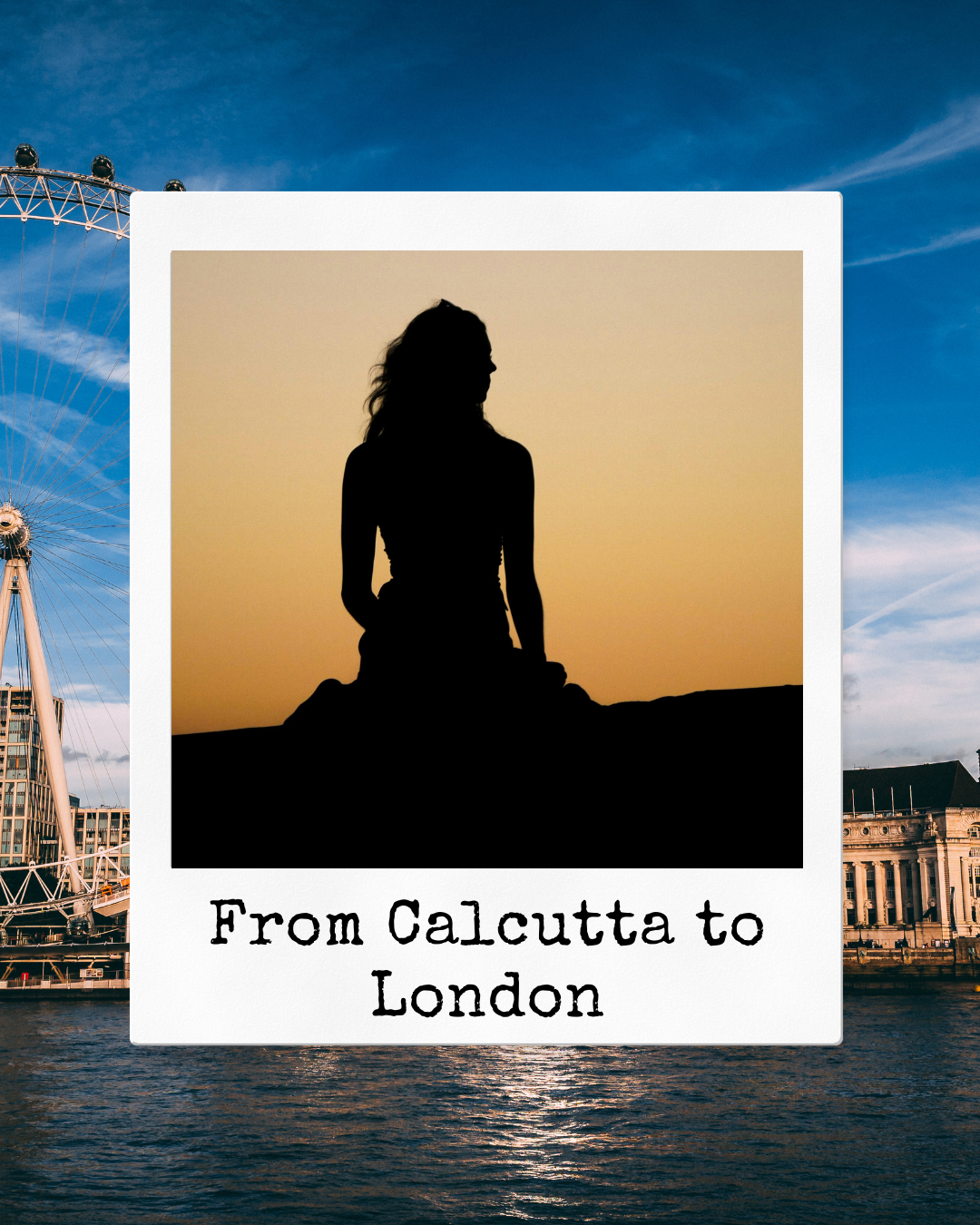The interviewee (name withheld on request), originally from Calcutta, moved to London for her Master’s and now works as a consultant at a law firm.
She found the transition challenging, especially leaving her family, but appreciates the independence and cultural diversity. Living in London has made her calmer, more independent, and more appreciated in her career. However, managing chores, work, and social life remains difficult.
She prefers living abroad for its freedoms, but feels guilty about the UK’s historical role in India-Pakistan tensions. Speaking to Indian Women Abroad, she advises others to be realistic about the financial and emotional challenges of moving abroad.
Where are you from, and where did you move?
I’m from Calcutta, and now I’m in London.
Why did you move and what are you doing now?
I moved here because I wanted to study my Master’s in Law from a university in London. And right now, I’m working for a law firm here as a consultant.
What was your experience of moving and adjusting to a new culture like?
The experience of moving was a little scary, because I’d lived in Calcutta all my life. I had never really lived out of my city, except for a year or so in Bombay right after my law school, and then the pandemic happened, and I moved back home. It wasn’t really scary to just leave my city or my country — it was just leaving my family, because I had lived with them forever.
I was craving independence a lot, and I really wanted to move out. I had been wanting to move out for ages. When I had to move back to Calcutta during the pandemic from Bombay, that wasn’t easy. So moving abroad—I had been really looking forward to it—but at the same time, it was also scary.
Adjusting to the new culture… I’ve been to countries abroad before, so I had some idea. But things that were very specific to British culture took a while to get the hang of. It wasn’t an issue, though — it was pretty smooth. What I did struggle with was setting up my flat. I was staying in student accommodation, so getting all the groceries, setting up my flat, and doing chores while managing studies — that was a challenge.
But culturally, I think I was fine. Plus, it was a student environment with people from diverse backgrounds, including many Indians, which made the process easier.
What are the biggest pros of moving? What lessons have you learned?
I feel that living in London — it’s been almost two years — I’ve become a different person. I’ve become a lot calmer, a lot more patient, independent, capable, and self-sufficient. I feel I’ve become a better version of myself.
As much as I loved living with family, I never really felt I belonged in the professional environment of India. Here, I feel my skills and work are getting a lot more appreciation. Back in India, people were a little “okay” about my practice, but here, when I told people I had my own practice as a master’s student, they were really impressed. That helped me stand out and eventually led me to this job through networking.
People really value networking and soft skills, which India doesn’t emphasise as much. I feel more seen and appreciated here. My career has taken a direction that it couldn’t have in India.
What are the biggest challenges you’ve faced?
Managing everything — chores, social life, studies, work. I continued with my practice while studying, and now, as a working professional, juggling it all is a big challenge.
After university, most of my friends moved back to their home countries, so making new friends has been tough. I haven’t had much time either. But I plan to focus on it once I’m a little freer.
Was it easy to adjust to a new environment? How did you find/build a social circle?
As a student, it was easy. I had different groups of friends from various countries. After university, I still had friends from undergrad who were here, so we stayed in touch.
I’d go to house parties or gatherings organised by friends and meet people there. I’m a fairly extroverted person, so making friends isn’t hard.
I met my boyfriend here — it’s been seven or eight months — and his friend circle is quite big, so I’ve become friends with them too. We’re also making new friends together.
In the context of the experience of Indian women back home, what do you prefer—living abroad or living in India?
I actually prefer living abroad.
It is hard sometimes, especially when your family or country is going through a tough time. Recently, with the India-Pakistan tensions, it was stressful. You feel guilty being in the UK, a country responsible for the [1947] Partition — it’s complicated.
But I love living here. I love my life here. There are things here that I wouldn’t get in India. My quality of life, career, the community I’ve built — friends, my partner — it’s something I wouldn’t have back home.
Are there any new freedoms or experiences you’ve had that you probably didn’t have access to back home?
I had similar freedoms when I lived in Bombay, but yes, there’s access to travel more frequently from here. Though I haven’t done much of it because I’m financially pacing myself — it’s expensive.
That’s actually a big con. It’s so expensive here, and money earned in India is almost worthless here. But I’m trying to save and travel more.
Also, I enjoy cooking, and it’s easier to get a variety of ingredients here. Small thing, but it matters.
And meeting people from different cultures — getting fresh perspectives — is something I really value. In India, our society can be narrow-minded and very focused on timelines. Here, people are more relaxed, and they mind their own business. That gives a lot of freedom. Nobody really cares what you’re doing, which is great.
Any advice for other Indian women abroad?
If you’re planning to move abroad, especially for a Master’s, understand what you want and what you hope to achieve. These programs are expensive, time-consuming, and soul-crushing. The economy isn’t great either, so if you’re hoping to land a job, do your research.
Make sure your skills are transferable. I got lucky with a job because my work experience had a UK angle. Even then, my current job isn’t perfect. I’m trying to improve my situation.
So be informed, realistic, and clear on your goals. It’s a huge investment, and returns aren’t guaranteed. It’s not all rosy like social media makes it look.
If you’re not used to doing chores or unwilling to learn, that will be a challenge. I enjoy cooking and cleaning — it gives me peace — but it’s hard to juggle everything.
Your currency won’t take you far, and your passport means you’ll spend more on visas. So yeah, eyes open, and be honest with yourself.
Anything else you’d like to add?
It’s been great living here.
I think it’s nice that you’re doing this initiative. I hope people find a safe space to figure out what they want, what they like, and what they don’t. It’s great to learn from others’ experiences.
Living in India and abroad both have their pros and cons. You have to figure out what makes the most sense for you. It’s not a light decision. Good luck to everyone who might find this helpful.
Interested in more? Never miss an update. Sign up for the Indian Women Abroad newsletter below:


